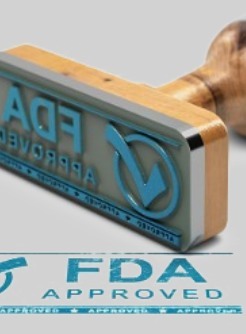Atezolizumab, Bevacizumab Combination Boosts Survival for Liver Cancer
By Adam Hochron
February 10, 2021
The combination of atezolizumab and bevacizumab appeared effective compared with sorafenib for the treatment of patients with unresectable hepatocellular carcinoma (HCC) with no prior systemic therapy, according to a release from the manufacturer.
Data was presented at the 2021 Gastrointestinal Cancers Symposium of the American Society of Clinical Oncology.
The phase 3, open label IMbrave150 study included 501 patients, who were randomly assigned 2:1 to receive a combination of atezolizumab and bevacizumab or sorafenib. 
After a median follow-up of 15.6 months, the combination showed a 34% reduction in risk of death, with a median overall survival of 19.2 months, compared to 13.4 months in the sorafenib arm (HR=0.66; 95% CI: 0.52-0.85). The release noted that other endpoints, including overall response rate, overall survival, and progression-free survival, “were consistent with the primary analysis and support the use of the combination in HCC.” Safety data was also consistent with previous research for both drugs.
“After an additional year of follow-up, these data confirm the superiority of [atezolizumab] in combination with [bevacizumab] compared to sorafenib in patients with advanced HCC,” said Laura Kulik, MD, from the Feinberg School of Medicine, Northwestern University, in the release. “These results provide further confidence for physicians and patients in the use of this combination as a first-line therapy.”
Levi Garraway, MD, PhD, Roche’s Chief Medical Officer and Head of Global Development, noted in the release that the combination has been approved in more than 60 countries, representing “a significant treatment advancement for patients with this challenging malignancy.”


.jpg)














